Intro
Hydroxyzine is a medication that has been widely used for various purposes, including the treatment of anxiety, insomnia, and allergies. It belongs to a class of drugs known as antihistamines, which work by blocking the action of histamine, a substance in the body that causes allergic reactions. In this article, we will delve into the uses and effects of hydroxyzine, exploring its benefits, potential side effects, and the mechanisms by which it operates.
The importance of understanding hydroxyzine cannot be overstated, given its widespread use and the broad range of conditions it is prescribed for. From relieving the symptoms of allergies and itching to helping manage anxiety and insomnia, hydroxyzine has proven to be a versatile medication. However, like all drugs, it is not without its potential drawbacks, and users should be aware of both the benefits and the risks associated with its use. As we explore the uses and effects of hydroxyzine, it will become clear why it remains a valuable tool in the treatment of various health issues.
Hydroxyzine's ability to cross the blood-brain barrier makes it particularly effective for treating conditions that have a neurological component, such as anxiety and insomnia. Its sedative properties can help individuals relax and fall asleep, making it a popular choice for those struggling with sleep disorders. Additionally, its antihistamine properties make it useful for alleviating the symptoms of allergies, such as itching, redness, and swelling. Whether used on its own or in combination with other medications, hydroxyzine has proven to be a valuable addition to many treatment regimens.
Introduction to Hydroxyzine
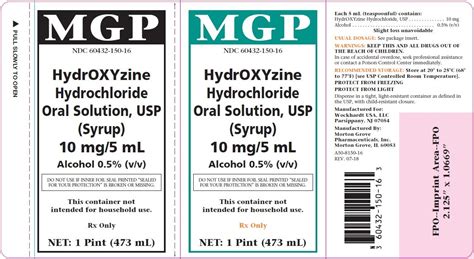
How Hydroxyzine Works
The mechanism of action of hydroxyzine involves the blockade of histamine receptors in the body. By preventing histamine from binding to its receptors, hydroxyzine reduces the allergic response, which can manifest as itching, sneezing, runny nose, and other symptoms. Additionally, its ability to cross the blood-brain barrier allows it to exert a sedative effect, which is beneficial for treating anxiety and insomnia.Uses of Hydroxyzine
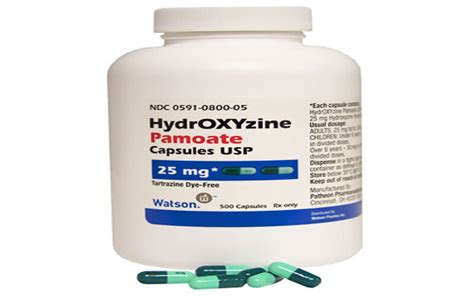
Benefits of Hydroxyzine
The benefits of hydroxyzine are numerous and include its effectiveness in treating a range of conditions, its relatively mild side effect profile, and its availability in various forms. Additionally, hydroxyzine can be used in combination with other medications, making it a versatile tool in treatment regimens.Potential Side Effects of Hydroxyzine
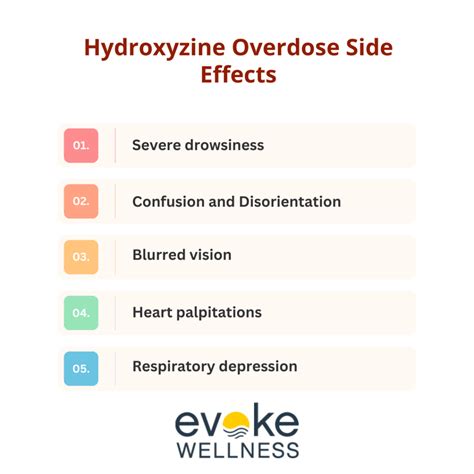
Precautions and Interactions
It is essential to use hydroxyzine with caution, especially in certain populations such as the elderly, pregnant women, and individuals with certain medical conditions. Hydroxyzine can interact with other medications, including sedatives, tranquilizers, and antidepressants, which may lead to adverse effects.Long-Term Use of Hydroxyzine
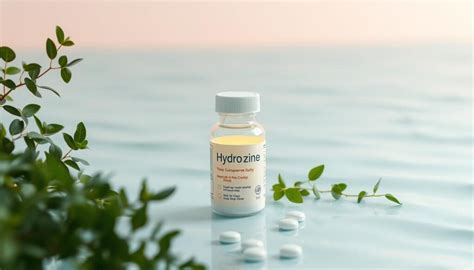
Alternatives to Hydroxyzine
For patients who cannot tolerate hydroxyzine or prefer alternative treatments, several options are available. These include other antihistamines, anxiolytics, and sleep aids, which may offer similar benefits with different side effect profiles.Conclusion and Future Directions
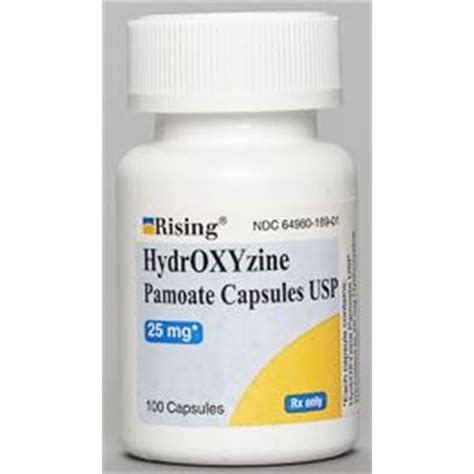
Final Thoughts
As we reflect on the uses and effects of hydroxyzine, it becomes clear that this medication has a significant role to play in modern healthcare. Whether used to manage acute conditions or chronic diseases, hydroxyzine's effectiveness and relatively mild side effect profile make it a preferred choice for many patients and healthcare providers alike.What is hydroxyzine used for?
+Hydroxyzine is used for treating anxiety, insomnia, allergies, and itching. It is also used to relieve nausea and vomiting in some cases.
What are the common side effects of hydroxyzine?
+The common side effects of hydroxyzine include drowsiness, dry mouth, constipation, and dizziness.
Can hydroxyzine be used long-term?
+Hydroxyzine can be used long-term but with caution. Prolonged use may lead to dependence and withdrawal symptoms upon cessation. Regular monitoring by a healthcare provider is recommended.
We invite you to share your thoughts and experiences with hydroxyzine in the comments below. If you found this article informative, please consider sharing it with others who might benefit from this information. Your engagement and feedback are invaluable to us, and we look forward to hearing from you.
